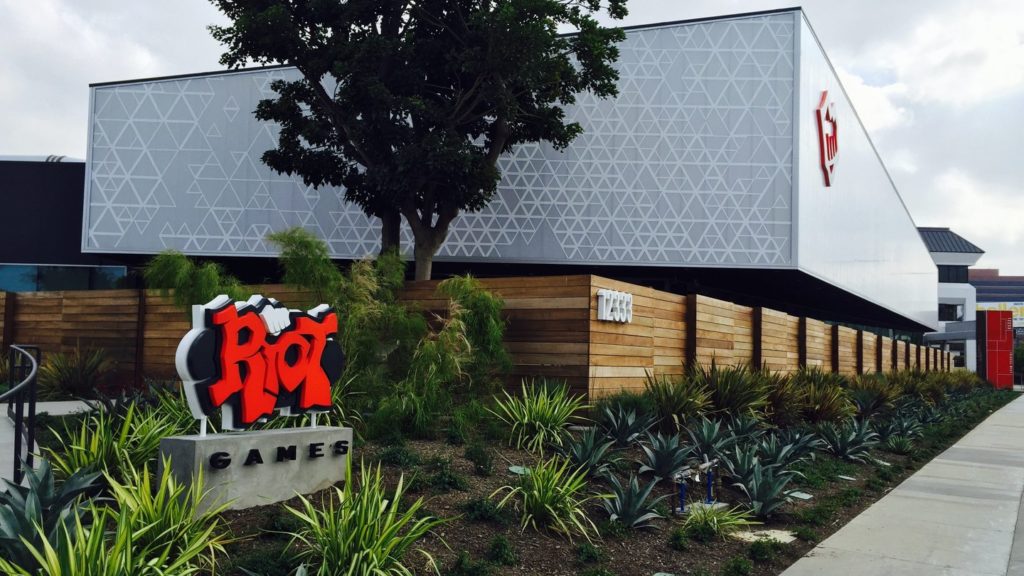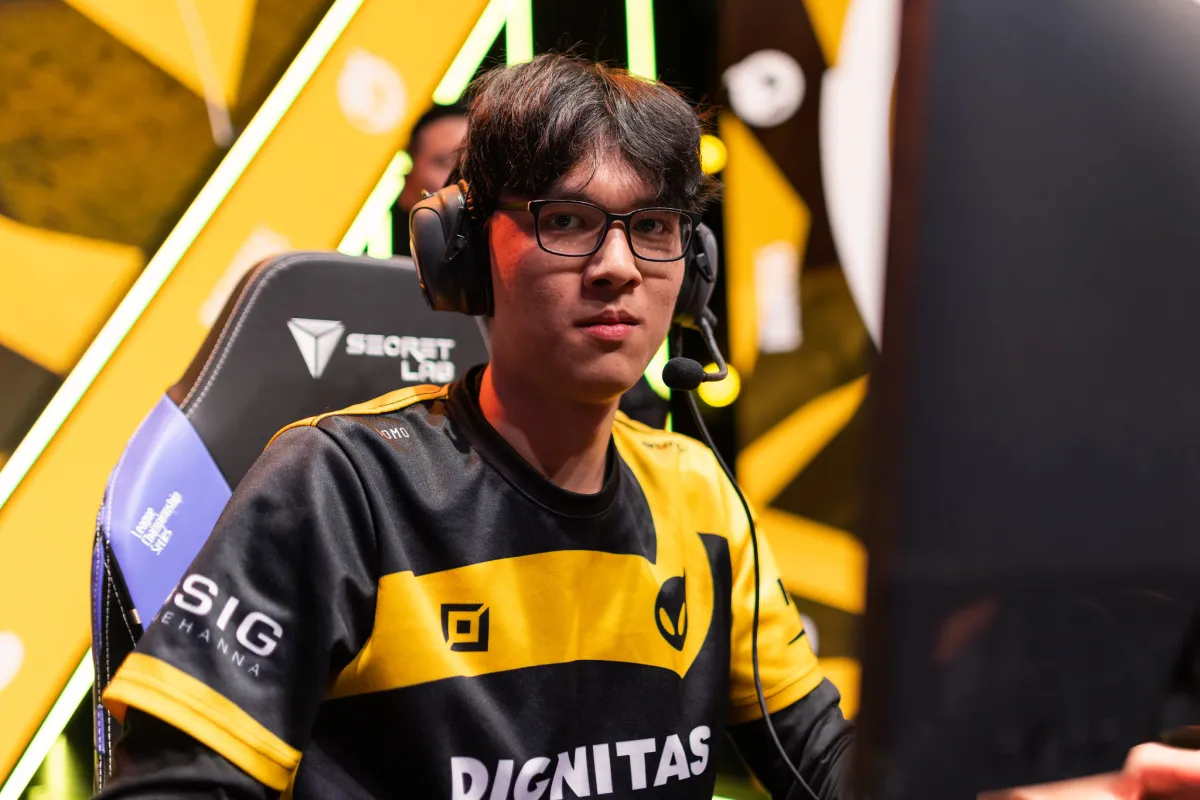Riot Games’ culture struggles continue today, with its employees reportedly planning a walkout in discontent over how the company has chosen to address issues. Talk of the protest was loud enough to warrant a weekend response from management.
The League of Legends developer’s latest crisis follows its decision to force two gender discrimination suits it’s facing into private arbitration. This would allow it to deal with them behind closed doors, in an environment much less likely to hold employers accountable for any wrongdoing.
Empty promises
For many, this is yet more evidence that Riot’s promises to improve workplace inclusivity are a mere marketing exercise. Since this comes nine months after the original article on its sexist culture — months filled with company pledges to do better — it seems people are looking for a way to express their disappointment in the progress made.
Walkouts are, of course, a risky way of protesting employer actions. Especially in the non-unionized video game industry, they can result in firings. Organizers of the one at Riot are said to be asking for:
- A clear intention to end forced arbitration
- A precise deadline (within 6 months) by which to end it
- A commitment to not force arbitration on the women involved in the ongoing litigation against Riot.
In a response in the company’s Slack channel, Riot’s chief diversity officer Angela Roseboro offered concerned employees small group sessions to discuss their concerns.
These, of course, would take place behind closed doors as well.
To be continued?
What Riot Games continuously seems to miss is that assuaging concerns does not equate to addressing the underlying problems. It is again doing damage control instead of pursuing what it claimed was its top priority when the issues first came up. Plus, we’ve heard reports about such meetings at Riot before, as well as the shape this kind of “dialogue” takes in them.
As one employee put it:
“When Angela Roseboro offered to schedule focus sessions with people [..] there was backlash because people were frustrated at yet another example of closed-door discussions instead of transparency. Overall, I think Rioters are sick of feeling like they have no visibility into what leadership is actually doing to improve.”
This makes us think this won’t be the last we’ll be hearing about this issue. And it shouldn’t be, much as Riot’s trying.








Published: Apr 30, 2019 11:35 am